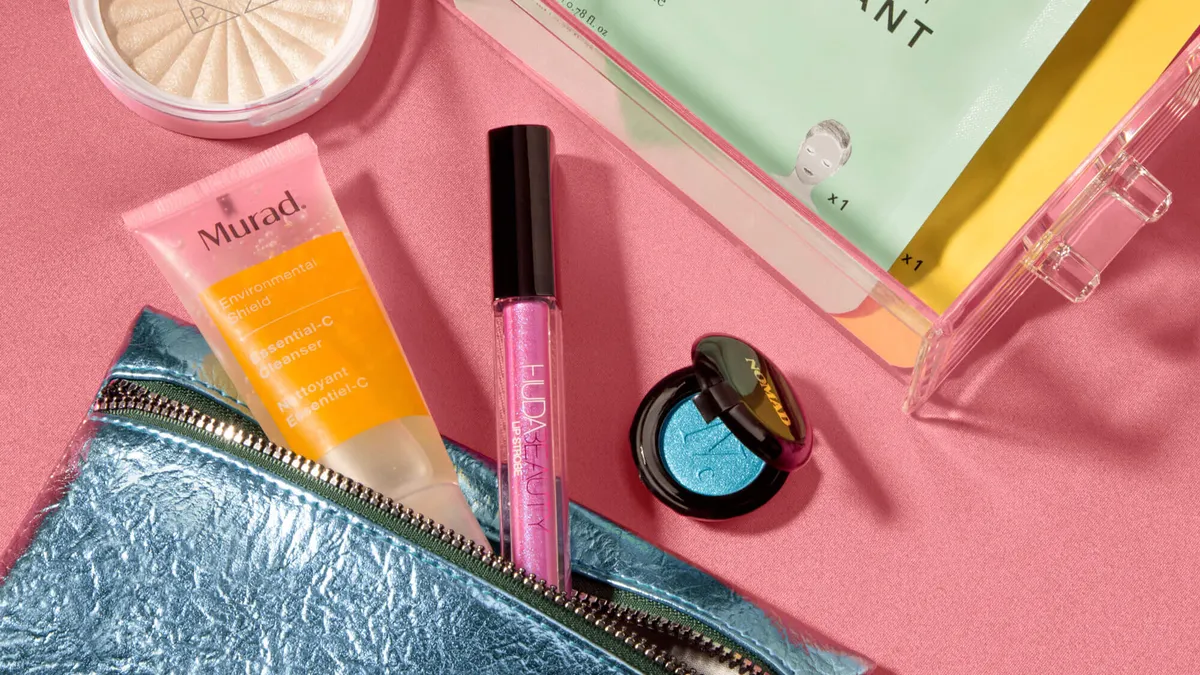Dive Brief:
- Ipsy has committed a total $7 million investment to market and develop products from Black-owned beauty brands in 2021, CEO Marcelo Camberos wrote in a company post. The company initially announced last year it would invest $5 million in Black-owned brands following several high-profile killings of Black people by police.
- In conjunction with the investments, this month Ipsy is also launching Beauty Amplified — a program that "identifies and amplifies" Black-owned brands for the company's signature Glam Bags. So far, the company has enrolled 16 brands, according to the statement, including Pat McGrath Labs, Fenty Beauty and Uoma, among others.
- For the chosen Beauty Amplified brands, Ipsy will invest an average of 250,000 units per brand for its Glam Bags, provide twice the value of its typical marketing support, give access to its product development and supply chain resources, and put down $1 million to fund brand product sourcing upfront.
Dive Insight:
Following protests against systemic racism and police brutality last year, Ipsy and many other retailers have promised to support and invest in Black-owned companies in some way.
Brands immediately came out with statements, with some pledging financial support to organizations fighting racial injustice or to Black-owned businesses more generally. Around the same time, Aurora James, founder and creative director of accessories brand Brother Vellies, called on multi-brand retailers to make the 15 Percent Pledge — a challenge to retailers to commit at least 15% of their shelves to brands owned by Black, Indigenous and people of color. Sephora was the first brand to take the pledge. Retailers like Macy's, West Elm and Madewell followed suit.
Fellow direct-to-consumer brand Glossier said it plans to give out $500,000 grants to Black-owned businesses in the beauty space and an additional $500,000 to Black Lives Matter, the NAACP's Legal Defense and Educational Fund, the Equal Justice Initiative, the Marsha P. Johnson Institute and We The Protesters. Beauty subscription company Birchbox also partnered with the Brown Girl Swap campaign, which urges consumers to switch five mainstream brands with Black-owned brands, to curate a box of all Black women-owned brands.
The reckoning on race has also forced retailers to evaluate their C-suite's demographics, including through movements like Uoma Beauty founder Sharon Chuter's Pull Up For Change campaign, which urges beauty companies to release how many Black executives and employees they have. Retail Dive's analysis of data from the Equal Employment Opportunity Commission indicates that the percentage of executives who identify as a person of color has seen little change since 2010.
Ipsy released the company's demographics on social media last June, saying 60% of employees and 41.5% of its leadership team identify as people of color.















